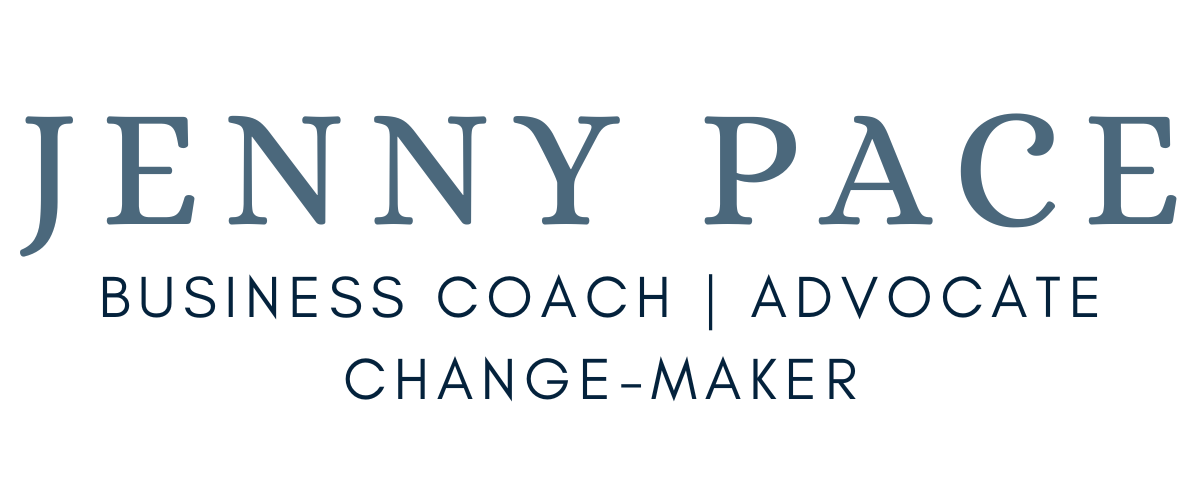When you’re running a creative business that you pour your heart and soul into, money can feel like both a dirty word and the holy grail.
We can feel totally fine when the bills have been paid, the sales are coming in, and the opportunities feel plentiful – and totally thrown into doubt and worry when things are tight and we’re living hand-to-mouth.
I have been in both places in my business. In fact, I’ve been at both places this year! Being self-employed is like that.
What does money have to do with it? Well, it’s not the only success factor, but it’s certainly a vital one.
If you’ve been hanging out here in my blog or over on social media, you’ll probably know that I believe in defining success in a whole host of ways, but financial success is definitely a factor of any business.
One thing I know for sure: the difference between a creative hobby and a creative business is in the profit.
Another thing I know for sure: you don’t have to turn a profit in the first year to have a successful business.
So how do we define success?
Well, financial success looks different for different people and businesses. You might want to make enough money to cover your expenses and contribute to your household expenses. Perhaps you’re the sole earner in your household and your business needs to cover a family’s worth. (These are both true for clients I work with.)
Sometimes, turnover is important, especially when you’re in your first 1-2 years of business. You’ve got to get that top line up and prove that people want to buy your products. Because you’ll be investing in your business, you might not turn a profit overall, so turnover is the key number to look at.
More often, it’s about profit. It’s entirely possible to turnover £250,000 a year and make no money or profit yourself. It’s easy to get caught up in big numbers that look great in the short or long term, and yet, unless you’re a not for profit, it’s the bottom line that matters. Selling 100 items a day? Great! Paying for every sale through advertising and negating your profit margin? Not so great, unless you’re developing a long-term, loyal customer base.
I like to define financial success as financial freedom. Because that’s why I went into business, and it captures something of the feeling I want from the work I do. I want to be able to pay the bills easily, provide a stable base for my life, and create a home and life that fills me up.
Non-financial success
When identifying the figures that feel like success to us, it’s also important to define other factors of success. When I do this with clients, it’s about understanding the values we hold and how they manifest.
Is it important to create an eco-friendly business? Perhaps you want to help grow the local economy? Maybe you’re invested in bringing more meaningful gifting to customers?
These – and many more – are the values that are going to make your business uniquely successful. Create your own list of values and understand how you’re going to bring them to life.
For me, success is helping clients find that lightbulb moment of clarity – suddenly seeing where and how they want to be. Even more success is helping them to uncover how to make it happen and holding them accountable. I define success as helping others to heal behaviours, emotions and patterns that hold them back from the business and life they truly want.
What does success look like for you?
I’d love to hear. Hit the comments, and tell me your most successful moment this year.
Until soon,
Jenny x
PS Looking to get clearer on your profit margins and price your products effectively? Take a look at my mini course, Pricing for Profit, just £20+VAT, or free when you join Progress not Perfection.



